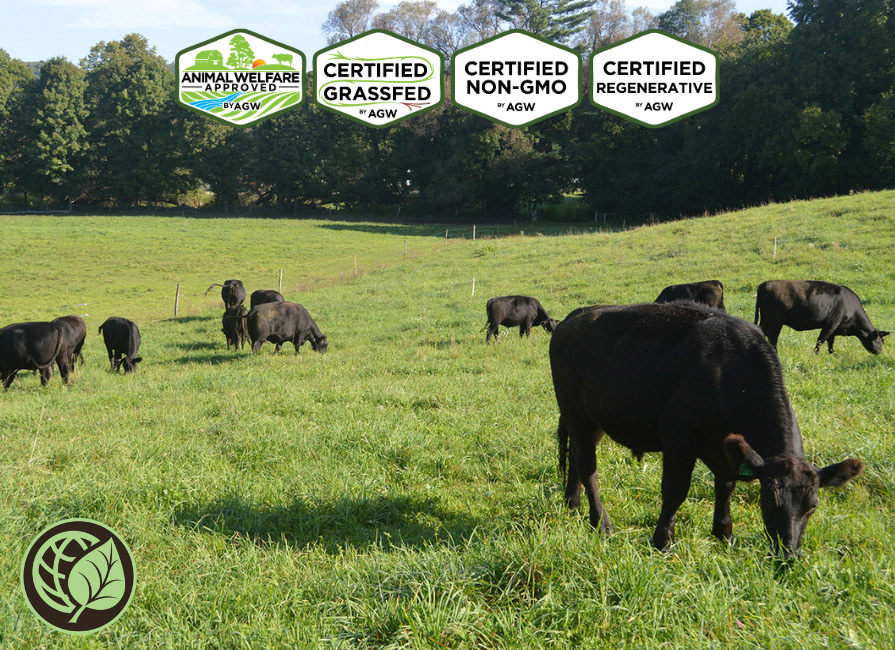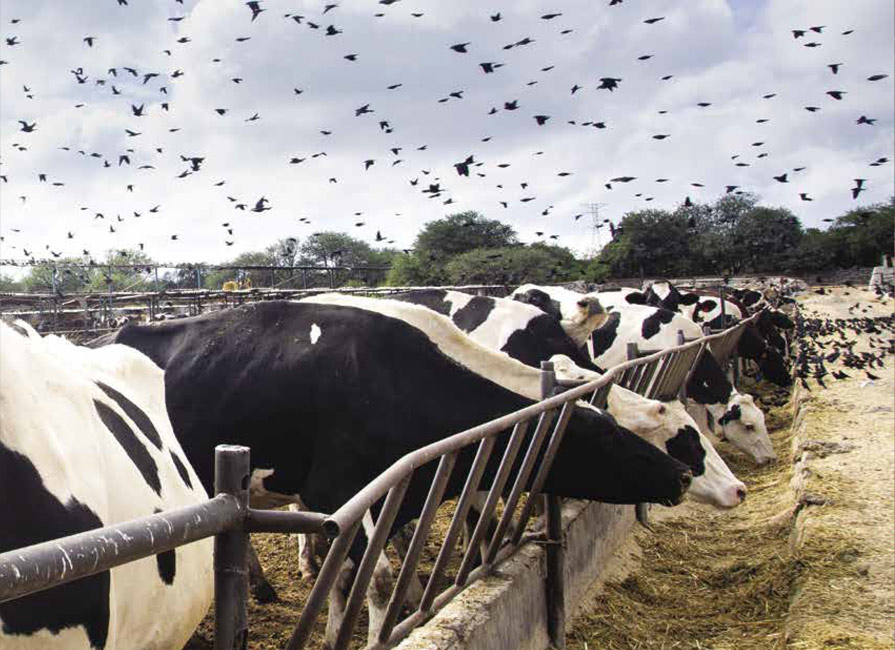A strong product label is more important than ever. A recent report by the Food…
USDA Gives Final Rule on “Naturally Raised,” Hisses and Boos Resound
Despite significant protest from organizations (including ours) and many thousands of concerned individuals, the USDA’s Agricultural Marketing Service (AMS) has defined “naturally raised” to mean something far from it. Producers are now allowed to to label products “naturally raised” as long as the animals have been produced “entirely without growth promotants, antibiotics (except for ionophores used as coccidiostats for parasite control), and have never been fed animal by-products.” Nowhere does this definition mention pasture (or even outdoor access!), genetic engineering, or physical mutilation (like tail-docking and beak-trimming).
The proposed claim as published is inaccurate and misleading.
As I read it, the Code of Federal Regulations (CFR) states that a food label must be true. In order for the USDA definition of “naturally raised” to be true, it should actually read, “naturally fed.” The dictionary definition of raised (transitive verb, to grow vegetables or breed and care for animals, usually for profit or personal satisfaction) includes much more.
If AMS doesn’t like the sound of “naturally fed,” then raising practices must be addressed. If the latter is chosen they might save some time by visiting www.AnimalWelfareApproved.org, where they will find species-specific standards for raising animals naturally.
Feeding practices aside, the new ruling also makes a notable exception for the use of ionophores, a class of anticoccidial drugs. Why the exception? Well, intensive livestock production systems may have a vested interest here. The use of ionophores is interesting in that they are supposedly being regulated and controlled to treat just one outcome – parasite control. However, an “incidental” side effect is that they will likely suppress other diseases as they have a known antibacterial action as well. Some would call this subtherapeautic antibiotic use.
As an aside I would actually prefer that the use of therapeutic antibiotics be permitted as part of “natural raising” because if despite my best efforts, one of my animals gets sick, I want to be able to treat it and not let it suffer just so I can market it under a particular label.
I would assert that the proposed definition is in its current form is clearly untrue and likely (if not intended) to mislead the consumer. It would appear to me that AMS is proposing a definition for the use of a label that is in fact a violation of the CFR.



